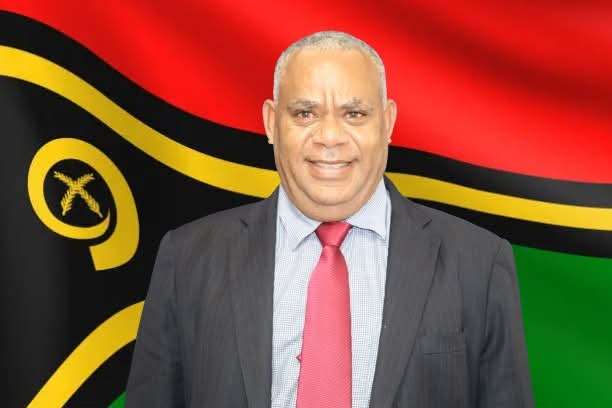Vanuatu’s Roundup: Political landscape shifts amid reform push, $500m deal with Australia, National identity celebrations

Opposition attempting to bring back instability: PM
Prime Minister Jotham Napat has criticised the opposition’s constitutional challenge, calling it a deliberate attempt to destabilise his administration. He urged political actors to respect the democratic mandate given by the people and focus on maintaining political stability. The PM’s statement came amid heightened tensions surrounding recent legislative changes, reflecting his broader call for unity and responsible governance in Vanuatu’s evolving democracy.
PM defends people’s vote on constitutional reforms
In response to criticism, Prime Minister Napat defended constitutional reforms aimed at ending Vanuatu’s recurring political instability. He emphasised that the amendments emerged from a grassroots democratic process, reflecting the will of the people rather than elite political interests. The reforms seek to strengthen governmental stability and reduce frequent changes in leadership that have historically hampered policy continuity. Napat underscored that the reforms symbolise a collective effort to build a stronger, more resilient democracy.
Australia and Vanuatu agree to $500m deal, but details remain scarce
Vanuatu has signed a $500 million agreement with Australia, focusing on economic transformation, labour mobility, and security cooperation. While officials hailed it as a major step toward deeper regional ties, few details about implementation have been disclosed. The deal aligns with Canberra’s broader Pacific engagement strategy, reflecting its efforts to strengthen partnerships in the face of growing strategic competition in the region. Observers note that transparency and equitable benefit-sharing will be key to the agreement’s success.
Vanuatu maintains non-alignment policy in Nakamal Agreement
Despite its growing ties with Australia, Vanuatu reaffirmed its non-alignment policy under the Nakamal Agreement, emphasising national sovereignty and independence in foreign affairs. Prime Minister Napat reiterated that while partnerships with countries like Australia are vital for development, Vanuatu remains committed to neutrality in international politics. This stance reinforces the nation’s long-standing position of avoiding entanglement in great-power rivalries, particularly between Western allies and China in the Pacific.
Tanna recognized as birthplace of Vanuatu’s independence movement
In a moment of national pride, President Nikenike Vurobaravu formally recognised Tanna Island as the birthplace of Vanuatu’s independence movement. The commemoration highlighted the island’s historical significance in mobilising local leaders and communities during the fight for sovereignty. The event served as a reminder of Vanuatu’s enduring commitment to unity and national identity, even as the country navigates contemporary challenges in governance and development.
This story is written and edited by the Global South World team, you can contact us here.